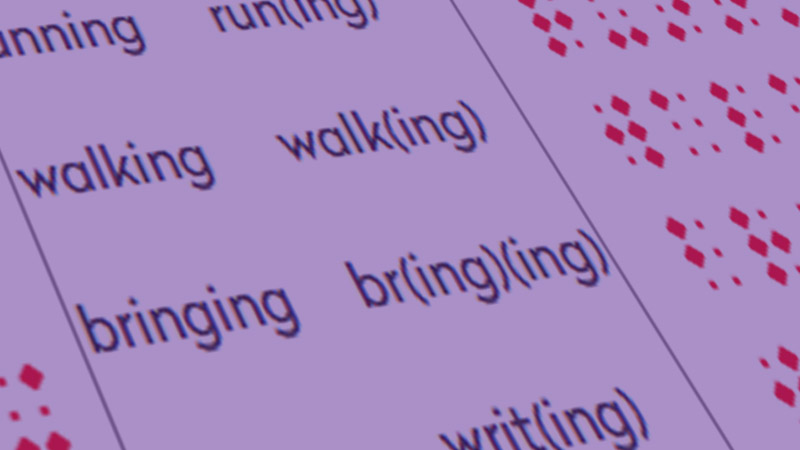Teacher Training
Within Education
ASL

Accessible Learning Across the Lifespan
Episode 2
9 minutes 25 seconds
Grade Level: PT/TT
ASL

Accessible Learning Across the Lifespan
Episode 4
9 minutes 52 seconds
Grade Level: K - PT/TT
ASL

Taxonomy for Transition Programming Webinar Series by Pepnet 2
Episode 7
25 minutes 33 seconds
Grade Level: PT/TT
ASL

Taxonomy for Transition Programming Webinar Series by Pepnet 2
Episode 5
18 minutes 14 seconds
Grade Level: PT/TT
ASL

Taxonomy for Transition Programming Webinar Series by Pepnet 2
Episode 1
9 minutes 15 seconds
Grade Level: PT/TT
ASL

Taxonomy for Transition Programming Webinar Series by Pepnet 2
Episode 2
11 minutes 40 seconds
Grade Level: PT/TT
ASL

Taxonomy for Transition Programming Webinar Series by Pepnet 2
Episode 6
14 minutes 49 seconds
Grade Level: PT/TT
ASL

Taxonomy for Transition Programming Webinar Series by Pepnet 2
Episode 3
15 minutes 58 seconds
Grade Level: PT/TT
ASL

Taxonomy for Transition Programming Webinar Series by Pepnet 2
Episode 4
22 minutes 7 seconds
Grade Level: PT/TT































































































































































































